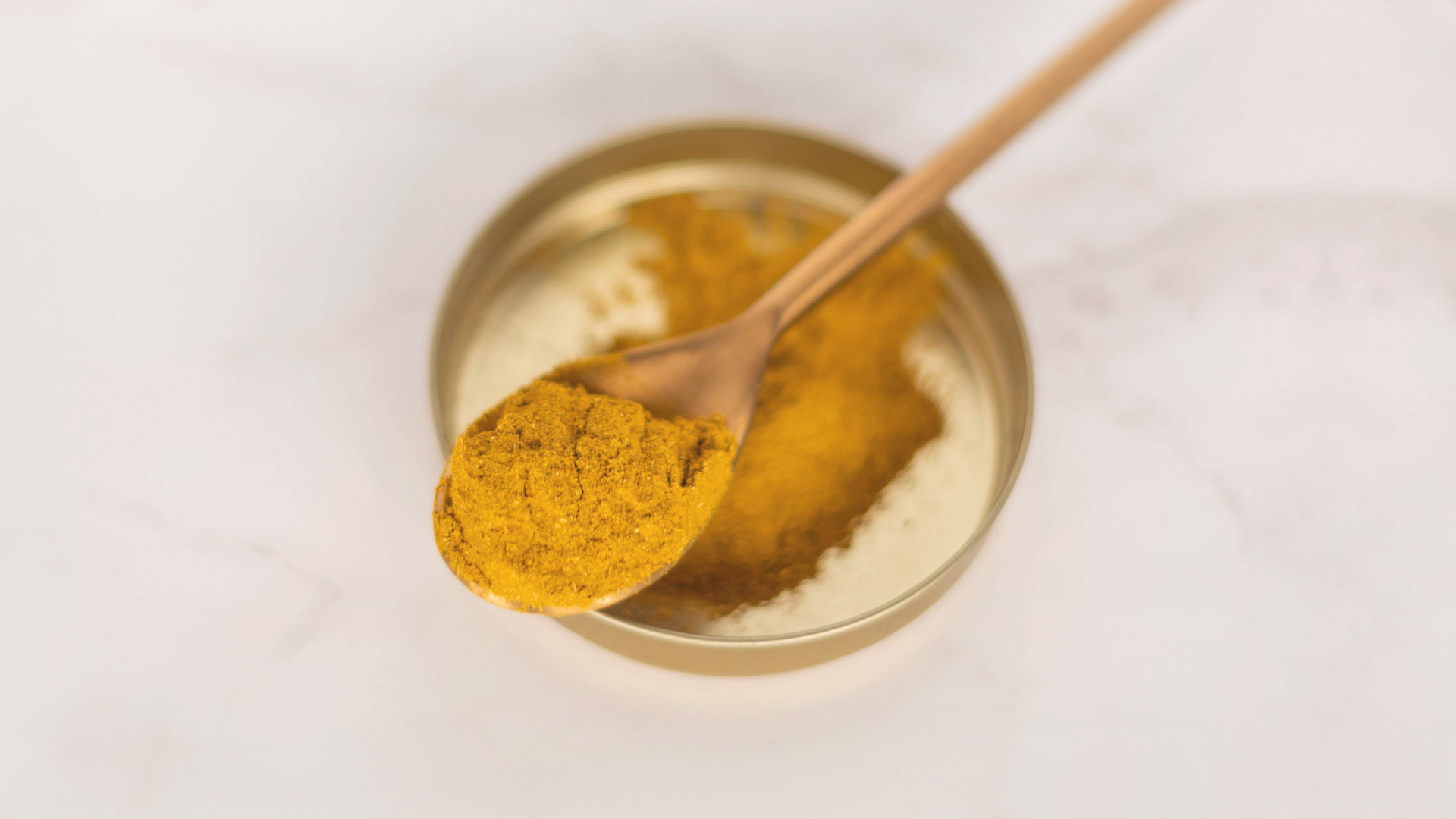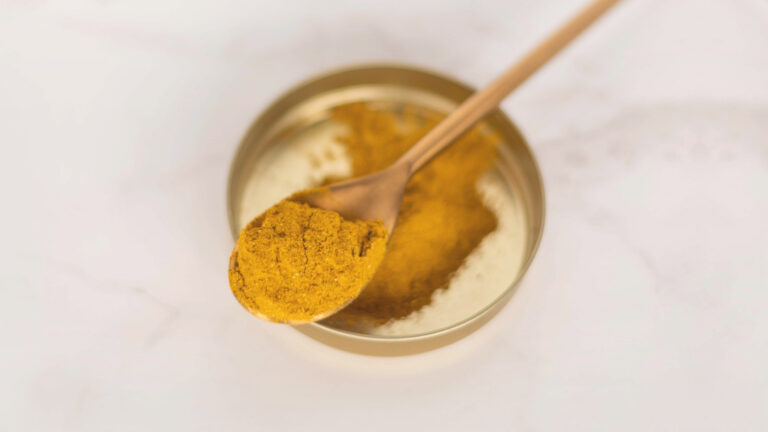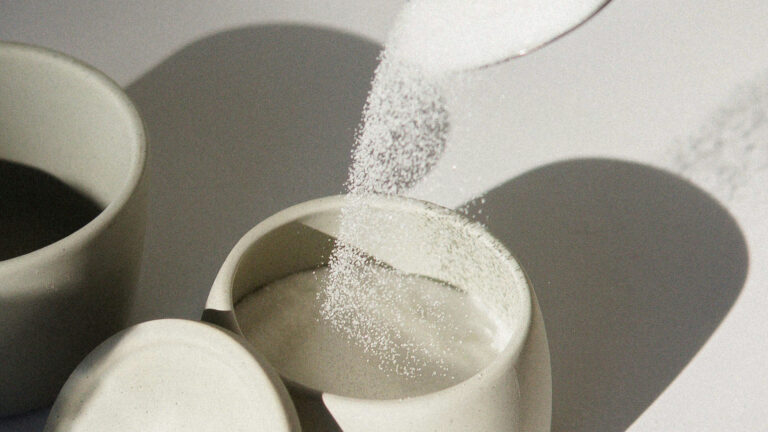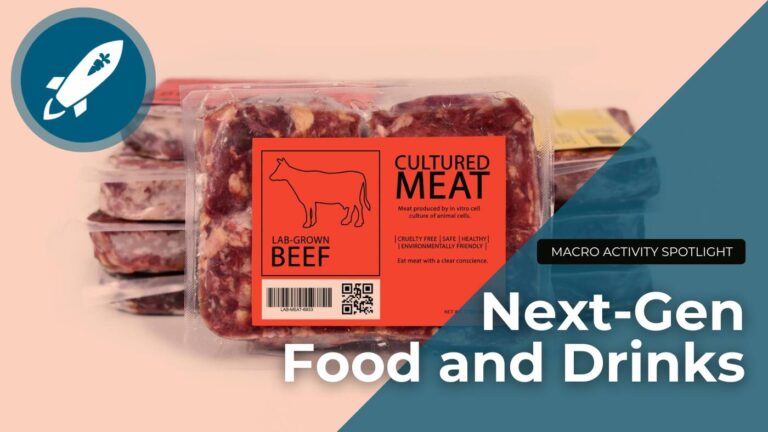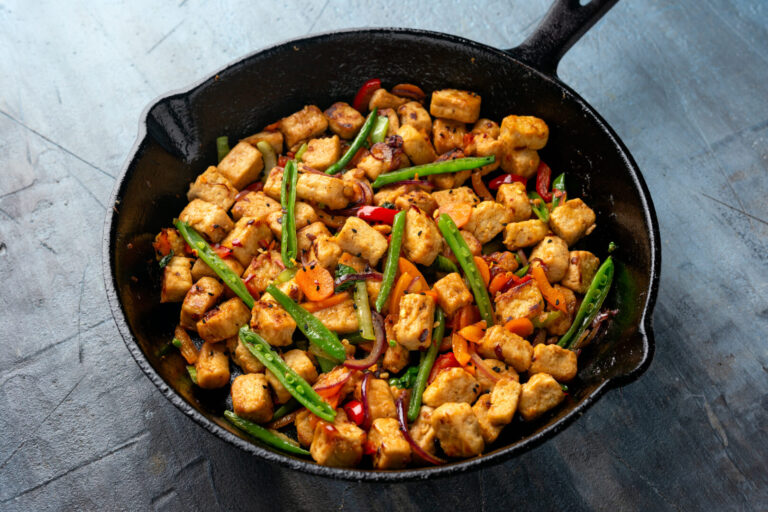Your liver is one of the body’s hardest-working organs—responsible for more than 500 essential physiological functions. At any moment, around 13 % of your blood is flowing through it. While best known for detoxification, the liver also governs energy balance, fat metabolism, protein synthesis, and digestion.
Why Liver Health Matters
A healthy liver regulates hormones, maintains immune balance, and clears metabolic by-products. It produces key plasma proteins (such as albumin and clotting factors), stores glycogen and nutrients like iron, vitamin A, and B12, and synthesizes bile to aid lipid digestion and eliminate toxins.
When hepatic function is impaired, fatigue, inflammation, and metabolic imbalance soon follow. The good news: with targeted nutritional and lifestyle support, the liver’s regenerative capacity is remarkable.
Everyday Strategies for Liver Support
- Eat a diet abundant in colourful fruit and vegetables and rich in dietary fibre.
- Limit saturated fats and refined sugars.
- Stay hydrated and engage in regular physical activity.
- Moderate alcohol intake.
- Emerging evidence shows that coffee and tea, thanks to their caffeine and antioxidant content, may contribute to better liver markers.
Phytonutrients with Clinical Potential
Plant-derived bioactives are of increasing interest in nutritional hepatology. Among the most researched are artichoke, berberine, bergamot, milk thistle, and turmeric (curcumin).
These botanicals are not “detox shortcuts” but complementary tools within a comprehensive nutrition strategy.
1. Artichoke (Cynara cardunculus/scolymus)
Used since ancient Greece and Egypt, artichoke leaf contains cynarin, chlorogenic acid, and flavonoids that enhance bile flow and protect hepatocytes from oxidative stress.
A 2017 meta-analysis of >700 participants found artichoke extract supported healthy cholesterol and triglyceride levels, indicating benefits for hepatic fat metabolism.*
2. Berberine
An alkaloid present in Berberis, Coptis, and Mahonia species, berberine has been used in Asian medicine for millennia.
Modern trials demonstrate improvements in lipid regulation and insulin sensitivity; several meta-analyses report protective effects on liver enzymes and hepatic fat accumulation.*
Its broad metabolic action makes berberine a valuable adjunct in precision-nutrition plans addressing fatty-liver risk.
3. Bergamot (Citrus bergamia)
A Mediterranean citrus rich in polyphenols and flavonoids, bergamot has shown consistent clinical benefits on serum lipids and hepatic steatosis.
Polyphenol-rich extracts appear to lower triglycerides and LDL while improving HDL and liver-fat scores.*
Because flavonoid absorption can be limited, phytosome delivery systems markedly enhance bioavailability.
4. Milk Thistle (Silybum marianum)
Perhaps the most studied hepatoprotective plant, milk thistle’s silymarin complex (especially silybin) acts as an antioxidant, membrane stabiliser, and promoter of liver-cell regeneration.
Recent reviews highlight its supportive role in metabolic-associated steatotic liver disease (MASLD) and in protecting against drug-induced hepatotoxicity, without interfering with pharmacotherapy.*
5. Turmeric / Curcumin (Curcuma longa)
Curcumin is both anti-inflammatory and antioxidative. Clinical research links it to improved liver-fat profiles, healthier LDL/HDL ratios, and better triglyceride control.
Its benefits extend beyond the liver to gut integrity and systemic inflammatory modulation—key axes in metabolic health.*
Phytosome forms (e.g., curcumin + phospholipids) achieve several-fold higher absorption than standard powders.
Integrating Evidence into Practice
At EuropeBioLabs, these data inform our Precision Nutrition Platform, where clinicians can design AI-assisted, evidence-based liver-support protocols combining:
- clinically validated botanical extracts,
- nutrient-dense functional foods, and
- personalised dosing based on metabolic and microbiome profiling.
By combining robust science with clinical usability, the platform enables physicians to translate emerging hepatology research into measurable patient outcomes.
References
- Alferink LJM, Fittipaldi J, Kiefte-de Jong JC, et al. Coffee and herbal tea consumption is associated with lower liver stiffness in the general population: The Rotterdam study. J Hepatol 2017;67(2):339-348. doi:10.1016/j.jhep.2017.03.013
- Sahebkar A, Pirro M, Banach M, et al. Lipid-lowering activity of artichoke extracts: A systematic review and meta-analysis. Crit Rev Food Sci Nutr 2018;58(15):2549-2556. doi:10.1080/10408398.2017.1332572
- Zhao JV, Yeung WF, Chan YH, et al. Effect of berberine . . . : A mechanistic randomized controlled trial. Nutrients 2021;13(8):2550. doi:10.3390/nu13082550
- Wei X, Wang C, Hao S, et al. The therapeutic effect of berberine . . . : A meta-analysis. Evid Based Complement Alternat Med 2016;2016:3593951. doi:10.1155/2016/3593951
- Rondanelli M, Peroni G, Riva A, et al. Bergamot phytosome improved visceral fat and plasma lipid profiles in overweight and obese class I subjects . . . : A randomized placebo controlled trial. Phytother Res 2021;35(4):2045-2056. doi:10.1002/ptr.6950
- Mollace V, Sacco I, Janda E, et al. Hypolipemic and hypoglycaemic activity of bergamot polyphenols: From animal models to human studies. Fitoterapia 2011;82(3):309-316. doi:10.1016/j.fitote.2010.10.014
- Toth PP, Patti AM, Nikolic D, et al. Bergamot . . . A 6-month prospective study. Front Pharmacol 2016;6. doi:10.3389/fphar.2015.00299
- Gliozzi M, Maiuolo J, Oppedisano F, Mollace V. The effect of bergamot polyphenolic fraction . . . . PharmaNutrition 2016;4:S27-S31. doi:10.1016/j.phanu.2015.11.003
- Gliozzi M, Carresi C, Musolino V, et al. The effect of bergamot-derived polyphenolic fraction on LDL small dense particles . . . . ABC 2014;04(02):129-137. doi:10.4236/abc.2014.42017
- Kalopitas G, Antza C, Doundoulakis I, et al. Impact of silymarin in individuals . . . : A systematic review and meta-analysis. Nutrition 2021;83:111092. doi:10.1016/j.nut.2020.111092
- Thota RN, Acharya SH, Garg ML. Curcumin and/or omega-3 polyunsaturated fatty acids supplementation . . . a randomised controlled trial. Lipids Health Dis 2019;18(1):31. doi:10.1186/s12944-019-0967-x
- Panahi Y, Kianpour P, Mohtashami R, et al. Curcumin lowers serum lipids and uric acid . . . : a randomized controlled trial. J Cardiovasc Pharmacol 2016;68(3):223-229. doi:10.1097/FJC.0000000000000406
- Panahi Y, Kianpour P, Mohtashami R, et al. Efficacy and safety of phytosomal curcumin . . . : a randomized controlled trial. Drug Res (Stuttg) 2017;67(04):244-251. doi:10.1055/s-0043-100019
- Panahi Y, Kianpour P, Mohtashami R, et al. Efficacy of phospholipidated curcumin . . . : a clinical study. J Asian Nat Prod Res 2019;21(8):798-805. doi:10.1080/10286020.2018.1505873

